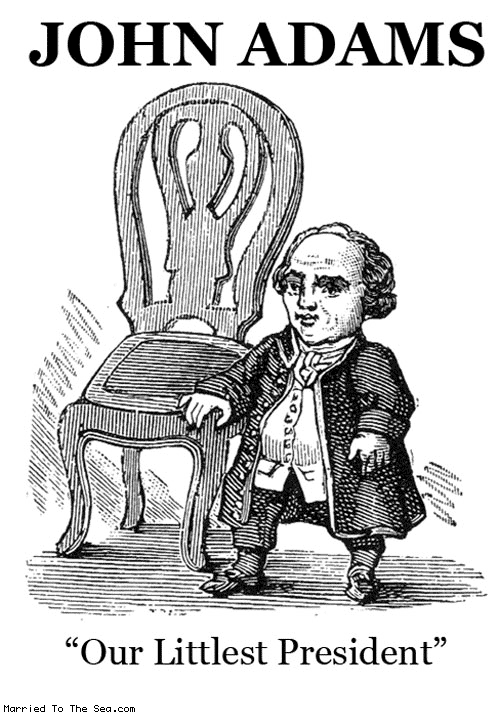

 Previous posts
love love love just ain't a game i play R-E-U-P Gang that's us bruh what else can i say and there's no turning back paint a vulgar picture my head's gonna crack like a bank strike out like a wolf's endeavor all the beating drums, the celebration guns they hung him on a cross for me running as fast as they can Sunday, March 23, 2008
we like to party, we don't cause trouble don't botha no-body:
 Yglesias is right that John Adams (excellent show!) presents a weak case for American independence. But Gordon Wood convinced me a long time ago that the revolution was the result of mutually-reinforcing irrational decisions. (Though he didn't really mean to!) Adams' argument at the Continental Congress for independence, as presented in the show, is basically: What an opportunity we have before us! That's nuts. There's no truly irreconcilable interest or fundamental ideological dispute between Great Britain and the colonies. It's in everyone's interests, as the New York delegation recognized, for King George to come to the table, but only after kicking the living shit out of the colonies, and especially Manhattan. To risk that in exchange for an "opportunity" is not a good gamble. Obviously it turned out our way, but as Matt writes, it wouldn't have been so awful to be Canada or Australia either. Yglesias is right that John Adams (excellent show!) presents a weak case for American independence. But Gordon Wood convinced me a long time ago that the revolution was the result of mutually-reinforcing irrational decisions. (Though he didn't really mean to!) Adams' argument at the Continental Congress for independence, as presented in the show, is basically: What an opportunity we have before us! That's nuts. There's no truly irreconcilable interest or fundamental ideological dispute between Great Britain and the colonies. It's in everyone's interests, as the New York delegation recognized, for King George to come to the table, but only after kicking the living shit out of the colonies, and especially Manhattan. To risk that in exchange for an "opportunity" is not a good gamble. Obviously it turned out our way, but as Matt writes, it wouldn't have been so awful to be Canada or Australia either.Also, the show shortchanges the religious fanaticism of the Massachusetts colony. But it does an admirable, and brave, job in episode one of showing the fearsome mob tendencies of the Sons of Liberty. As they're parading with Sam Adams down the street you half-expect them to start chanting Moq-tada! Moq-tada! Moq-tada! Speaking of: I'd like to see my friends in the counterinsurgency community make an argument for how the British could have waged a successful counterinsurgency campaign against the colonists. After all, unlike in most cases, the British spoke the language, understood the culture, had no fundamental ideological argument against the colonists, and retained the loyalty of a significant percentage of the population. How 'bout it, Abu Muqawama? Let's leave sentiment aside. How would you have gone after George Washington? --Spencer Ackerman
|